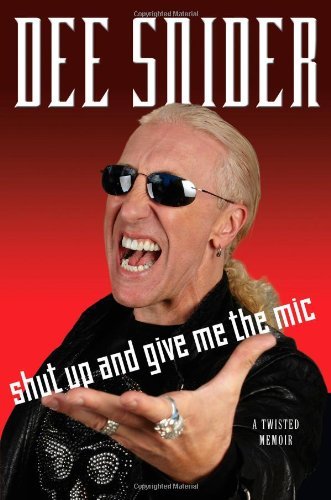What do you think?
Rate this book


Hardcover
First published January 1, 2012
"As for drugs, I've always known I have an obsessive personality, and if I started doing drugs, I wouldn't be able to control myself. Besides, I've never had a problem "letting myself go." I was always a crazy kid, and at first the people I knew who partied would say, "Snider, we want to see what you're like high." Then after spending a bit more time with me, they would say "On second thought, we don't."
Am I anti-drugs-and-alcohol? Not really. I'm just anti-asshole. If you can party and remain who you are or become a looser, more fun version of who you are, God bless you. But if when you party, you become some shape-shifting, obnoxious asshole who doesn't know when to quit...you, I can live without."
"People often ask me what I think of current music, and for the past twenty-five years or so I've said the same thing: "Not enough middle finger." Since my heyday, I've liked lots of contemporary heavy music. I even liked grunge--the hair-metal slayer--but in the 1990s and 2000s--and even still today--there's just too much whining and complaining about how life sucks, and not enough middle finger."